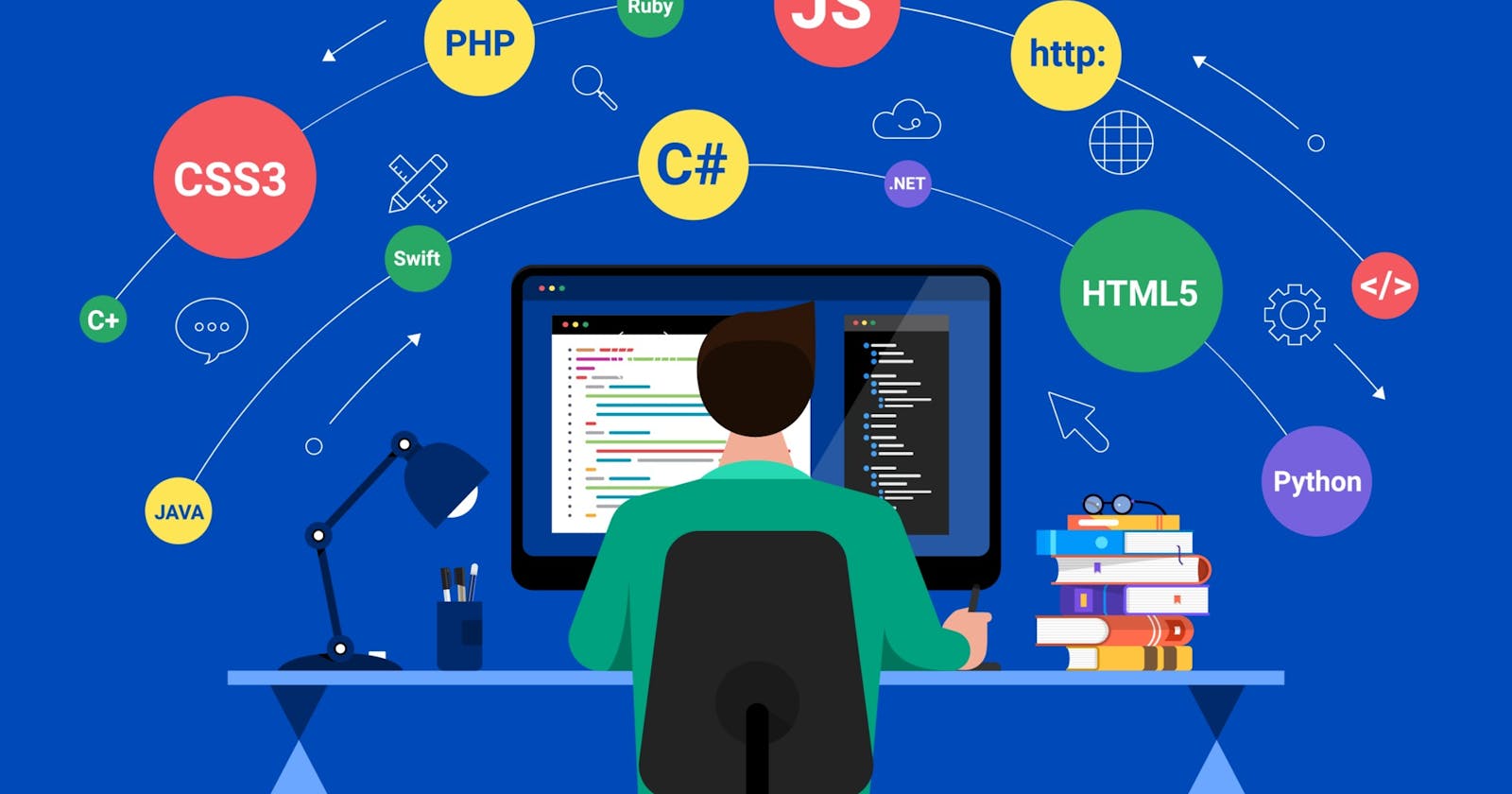Mastering Debugging: Unveiling the Competitive Programmer Approach - Avira Digital Studios
In the fast-paced world of programming and software development, debugging is an art that can make or break a programmer's success. It is a process of identifying and resolving issues or bugs in a codebase. While every programmer encounters bugs, competitive programmers have honed their debugging skills to a fine art. In this blog, we will delve into the world of competitive programming and explore the unique approach these programmers take when it comes to debugging.
- The Fast and Furious Debugging:
In competitive programming, speed is of the essence. Participants often have limited time to solve complex algorithmic problems. As a result, they have developed a unique debugging approach that emphasizes quick identification and swift resolution of bugs. The focus is not just on finding the bug but doing it in the shortest possible time.
- Divide and Conquer:
One of the key techniques competitive programmers use is the "Divide and Conquer" strategy. They divide the code into smaller logical segments and run them individually to identify the problematic section. This approach not only speeds up the debugging process but also narrows down the scope of the bug.
- Stress Testing:
In the competitive programming realm, the code must be robust enough to handle various edge cases and large inputs. Stress testing involves feeding the program with extreme inputs to see if it breaks. This helps identify potential weaknesses and vulnerabilities that might not surface during regular testing.
- Logging and Tracing:
While debugging in a typical development environment might involve using breakpoints and print statements, competitive programmers rely heavily on logging and tracing. They insert log messages at various points in the code to track the flow and identify areas where the code is behaving unexpectedly.
- Utilizing Online Judges:
Competitive programmers make use of online coding platforms and judges extensively. These platforms provide a systematic approach to debugging by giving feedback on test cases and runtime errors. They use this feedback to iterate and fine-tune their solutions.
- Community Collaboration:
In the competitive programming community, programmers often collaborate and discuss coding problems and debugging techniques. This open exchange of ideas and insights enables them to learn from each other's experiences and adopt new debugging strategies.
- Embracing Failure:
Competitive programmers understand that failure is an inherent part of the learning process. They don't get discouraged by encountering bugs or failing to solve a problem. Instead, they see each challenge as an opportunity to improve their skills and become better at debugging.
The competitive programming approach to debugging offers valuable lessons for all programmers. Its emphasis on speed, systematic testing, and collaboration can greatly enhance the debugging process in regular software development. By embracing these techniques, programmers can become more adept at spotting and resolving bugs, leading to more efficient and reliable codebases. Whether you're a seasoned programmer or just starting, incorporating some of these practices can take your debugging skills to a whole new level. So, the next time you're faced with a bug, channel your inner competitive programmer and debug like a pro!
